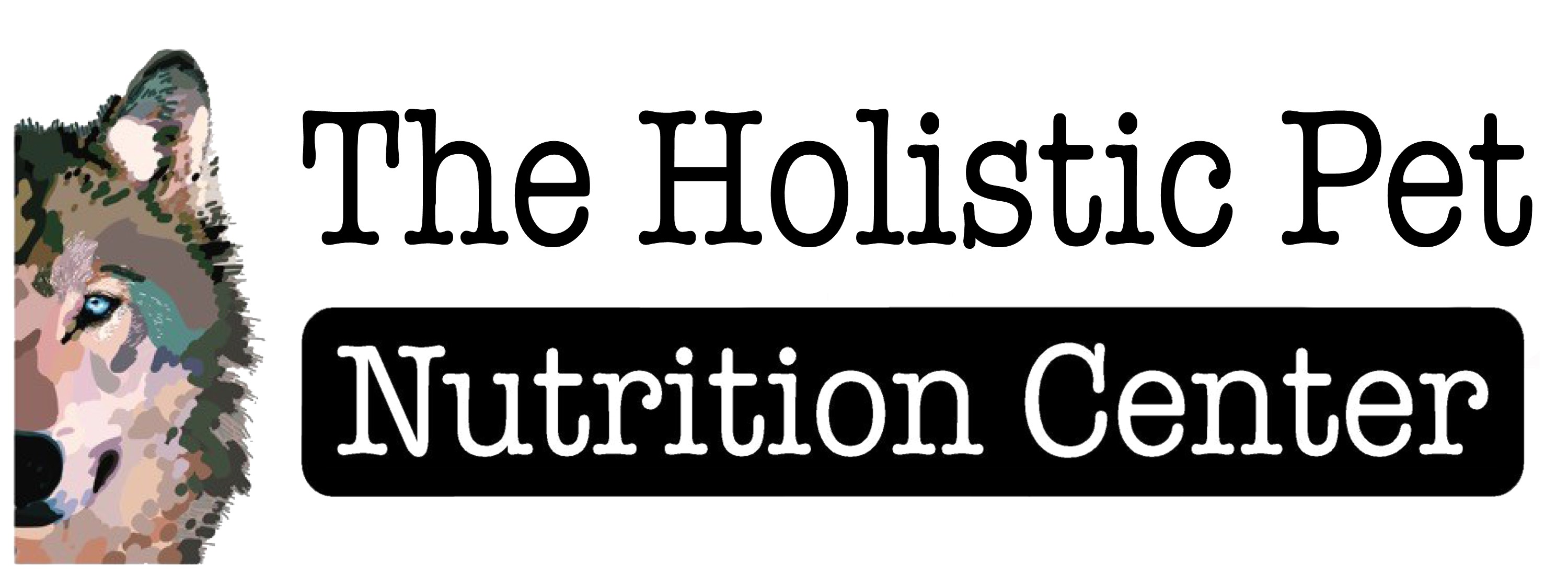Specialized Diets
Much in the same way that humans are becoming more aware of their own nutritional needs and deficits, they are also broadening their scope to include their canine and feline companions. There are currently are variety of options on the market for differing feeding preferences. This can include addressing individual dietary concerns, such as allergies, or simply an overall improvement in health. The following is a summary of some of the diets available and for what situations they are best suited.
Holistic Diets
Holistic diets:
- Named meats, quality grains, dairy products, fruits, vegetables, pre-biotics, and pro-biotics.
These diets provide an increase in food quality, leading to stronger immune systems and thus better overall health.
These diets benefit pets:
- Whose owners want to provide a good quality diet
- With immunological issues
- With cancer
Grain Free
Grain-free diets:
- No grains such as wheat, corn, rice, rye, barley, oats, or millet
These diets are designed to mimic what the dog or cat would eat in the wild by containing higher levels of proteins and lower levels of carbohydrates. Since proteins cannot be stored in the body, unlike carbohydrates and fats, these diets are well suited to over-weight pets. Higher protein foods also help rebuild muscle and bones in active dogs. Finally, animals seem to find higher meat content foods more palatable.
These diets benefit pets that are:
- Allergic
- Have sensitive skin
- Over-weight
- Extremely active
- Picky eaters
- Completely healthy
Limited Ingredient & Single Protein Diets
Limited ingredient diets:
- One meat
- One or two carbohydrates
- One fat
Single-source protein diets:
- One source of animal protein
- Grains
- Fruits
- Vegetables
These 2 diets are useful because by limiting the ingredients or isolating the protein source, you decrease the liklihood of feeding an allergenic or poorly-tolerated ingredient.
These diets benefit pets with:
- Allergies
- Sensitive stomachs (vomiting, hairballs, gas)
- An unknown feeding history (strays, shelters animals)
- No issues at all
- Owners who want to rotate the protein source easily
Raw Food Diets
Raw food diets include:
Raw - Frozen
- Raw frozen muscle meat (incomplete)
- Raw frozen muscle meat with the following:
- Organ meat
- Ground bone
- Fruits
- Veggies
- Vitamins
- Minerals
Features:
- Closest to what dogs (wolves) would eat naturally
- Protein levels mirror "prey model diets"
- High protein
- Low carbohydrates
- High moisture content
- Available in a variety of single-source proteins to support allergic and sensitive pets
- Very Palatable
- Patties and nuggets make it easy to serve
Raw - Freeze Dried
- Like raw frozen, but freeze-dried
- Just add water to reconstitute
Raw - HomeStyle
- Like home-made dinners using whole food ingredients, then freeze-dried
- Just add water to reconstitute or rehydrate
Benefits of All Raw Diets
- Improved digestion with natural enzymes and bacteria
- Reduction of allergy symptoms
- Increased mobility in older pets
- More energy and stamina
- Increased weight control and stronger muscles
- Shinier coats, healthier skin, and less shedding
- Cleaner teeth, healthier gums, and fresher breath
- Harder, smaller, and less fragrant stools
- Easier for older dogs and cats to chew


